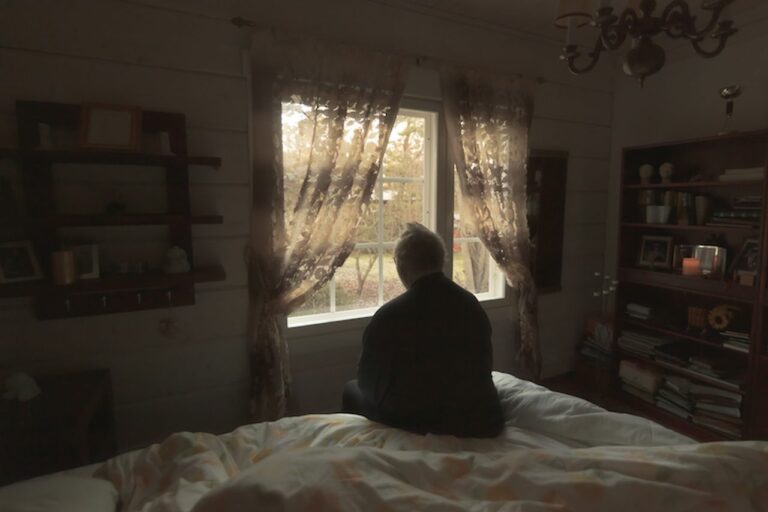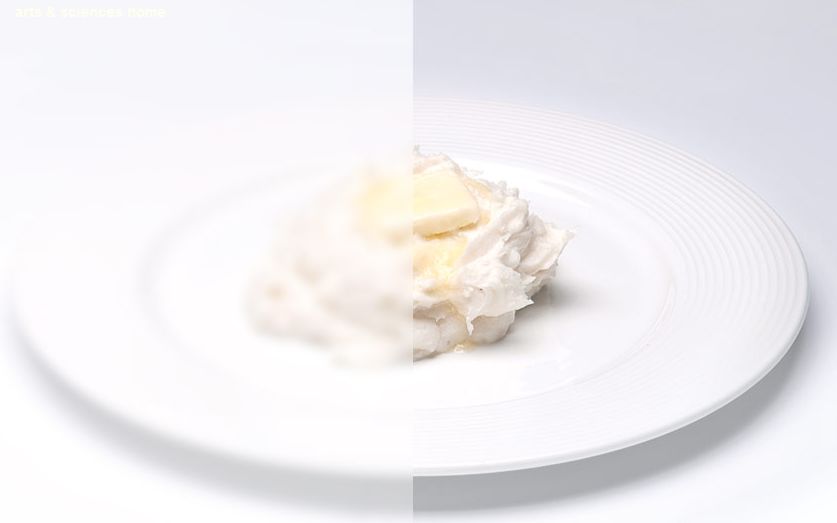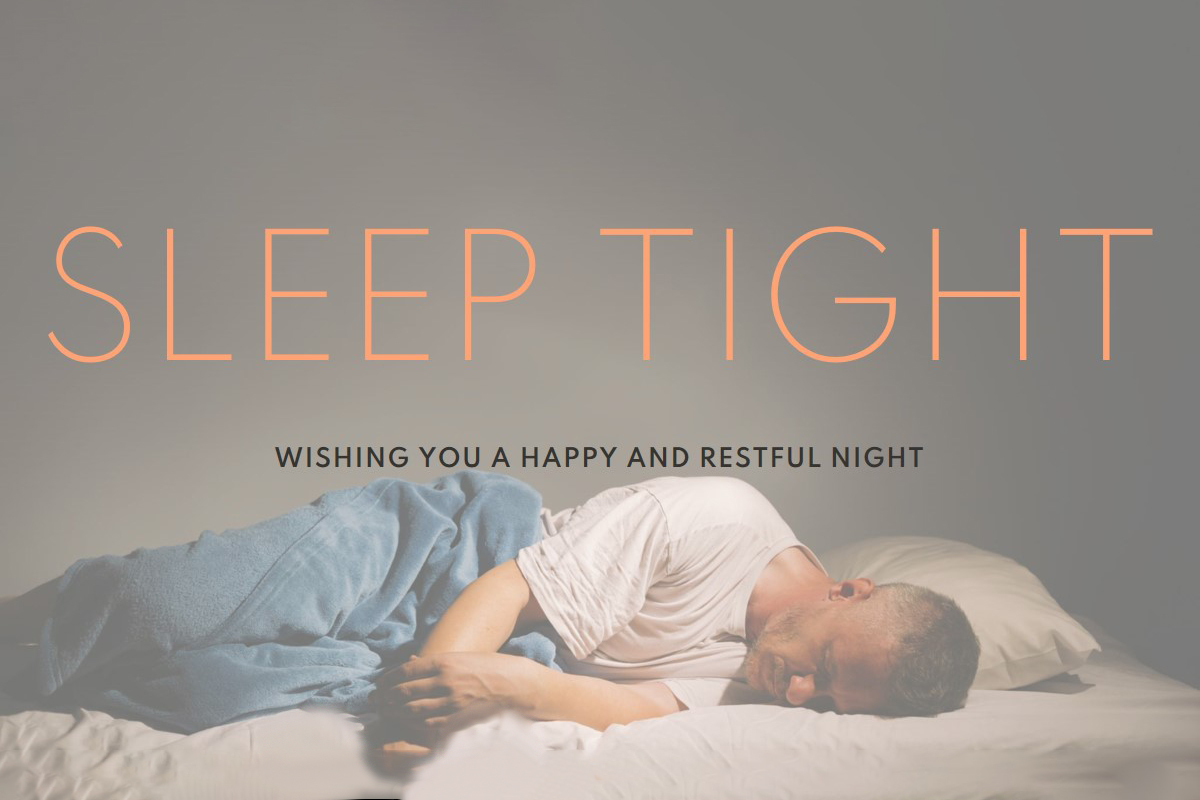
What Causes Sundowning? Frustration or Chemistry?
In “SUNDOWNING SYNDROME,” people with dementia show high levels of anxiety, agitation, overactivity and delirium. It typically occurs in late afternoon and evening, before their normal time to go to bed. Learn how brain biology explains “sundowning.”



















